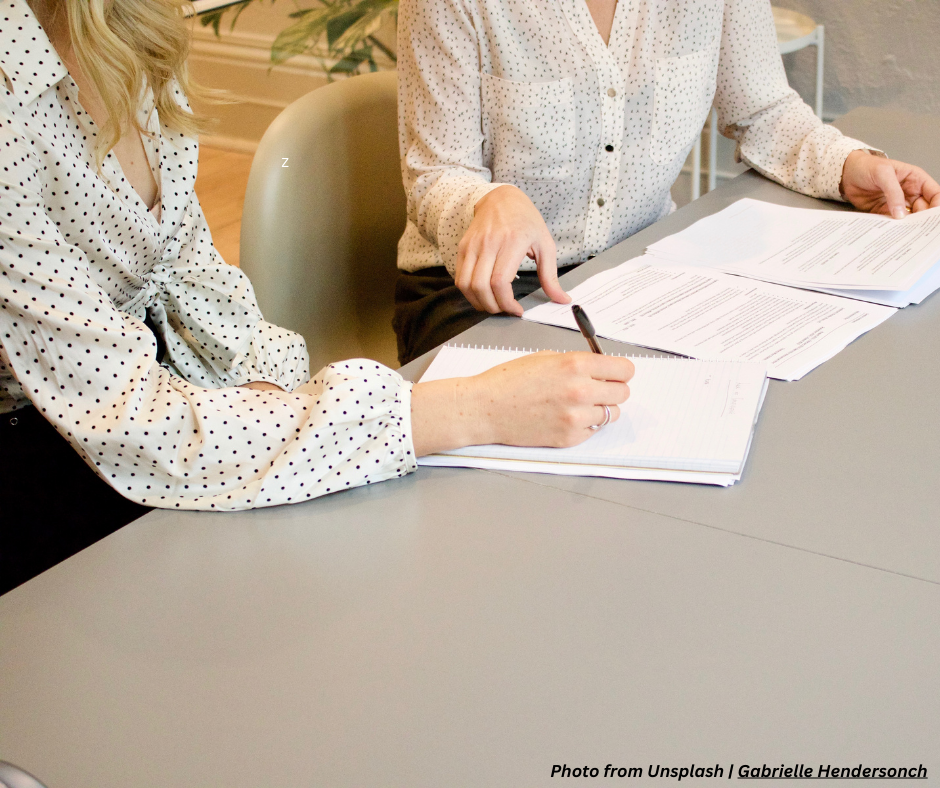
Photo from Unsplash | Gabrielle Henderson
The following post does not create a lawyer-client relationship between Alburo Alburo and Associates Law Offices (or any of its lawyers) and the reader. It is still best for you to engage the services of a lawyer or you may directly contact and consult Alburo Alburo and Associates Law Offices to address your specific legal concerns, if there is any.
Also, the matters contained in the following were written in accordance with the law, rules, and jurisprudence prevailing at the time of writing and posting, and do not include any future developments on the subject matter under discussion.
AT A GLANCE:
The right to a patent belongs to the inventor, his heirs, or his assigns. When two (2) or more persons have jointly made an invention, the right to a patent shall belong to them jointly (Sec. 28, Intellectual Prty Code).
The law says –
The right to a patent belongs to the inventor, his heirs, or his assigns. When two (2) or more persons have jointly made an invention, the right to a patent shall belong to them jointly (Sec. 28, Intellectual Property Code).
Patentable Inventions refers to any technical solution of a problem in any field of human activity which is new, involves an inventive step and is industrially applicable shall be patentable. It may be, or may relate to, a product, or process, or an improvement of any of the foregoing.||| (Juan v. Juan, G.R. No. 221732, [August 23, 2017], 817 PHIL 192-208)
Jurisprudence says –
The patent law has a three-fold purpose: “first, patent law seeks to foster and reward invention; second, it promotes disclosures of inventions to stimulate further innovation and to permit the public to practice the invention once the patent expires; third, the stringent requirements for patent protection seek to ensure that ideas in the public domain remain there for the free use of the public.” It is only after an exhaustive examination by the patent office that a patent is issued. Such an in-depth investigation is required because “in rewarding a useful invention, the rights and welfare of the community must be fairly dealt with and effectively guarded. To that end, the prerequisites to obtaining a patent are strictly observed and when a patent is issued, the limitations on its exercise are equally strictly enforced.
To begin with, a genuine invention or discovery must be demonstrated lest in the constant demand for new appliances, the heavy hand of tribute be laid on each slight technological advance in art.” There is no such scrutiny in the case of copyrights nor any notice published before its grant to the effect that a person is claiming the creation of a work. The law confers the copyright from the moment of creation and the copyright certificate is issued upon registration with the National Library of a sworn ex parte claim of creation. Therefore, not having gone through the arduous examination for patents, the petitioner cannot exclude others from the manufacture, sale or commercial use of the light boxes on the sole basis of its copyright certificate over the technical drawings.||| (Pearl & Dean (Phil.) v. Shoemart, G.R. No. 148222, [August 15, 2003], 456 PHIL 474-497)
A patentee shall have the exclusive right to make, use and sell the patented article or product and the making, using, or selling by any person without the authorization of the patentee constitutes infringement of the patent (Sec. 37, R.A. 165). Any patentee whose rights have been infringed upon may bring an action before the proper CFI now (RTC) and to secure an injunction for the protection of his rights (Sec. 42, R.A. 165).||| (Maguan v. Court of Appeals, G.R. No. L-45101, [November 28, 1986], 230 PHIL 204-215)
Read also: When can a patent be cancelled?
Alburo Alburo and Associates Law Offices specializes in business law and labor law consulting. For inquiries regarding taxation and taxpayer’s remedies, you may reach us at info@alburolaw.com, or dial us at (02)7745-4391/0917-5772207.
All rights reserved.


